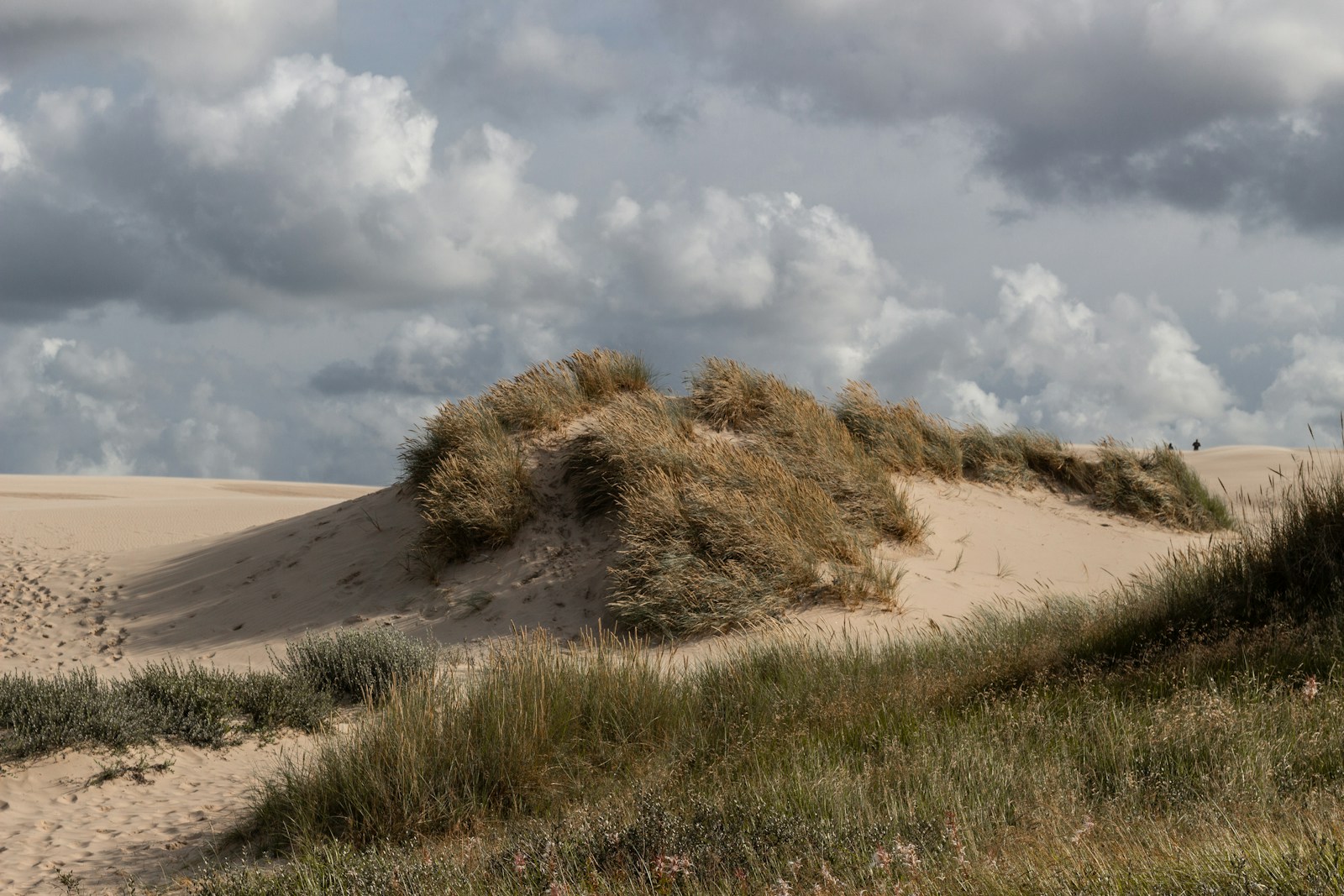As Britain prepares to down tools for sun, sea, surf and relaxation, we tour a luxurious resort setting new net zero standards for domestic vacations.
Bluestone National Park Resort in Pembrokeshire, Wales, is on an ambitious mission to become the first fossil fuel-free holiday resort in the UK in 2025.
A luxury holiday destination, it offers woodland lodges and cottages, a 5* award-winning spa, a subtropical water park, and free play areas, as well as adventure-filled activities for families to explore nature on their doorstep.
Holiday parks across the UK often bear the unflattering label of “waste giants.” But at Bluestone, our aim is to transform this narrative. As sustainability director at the resort, my role is to help Bluestone to continue to evolve and become a beacon of social and environmental responsibility within the industry, but also on a localised level too – something that’s hugely important in our current climate.
Despite being relatively small compared to our industry counterparts, Bluestone has made a significant impact, recently being named the third-best holiday park in the UK and ‘Wales’ Top Resort’ by Which?. Our commitment to sustainability sets us apart from many of the larger resorts, and we have big plans to decarbonise the site.
Currently, 95% of the £2 million+ worth of energy we purchase is already fossil fuel-free and we are continuing that journey. But what have we done so far? In 2019, the resort switched to a certified renewable energy contract (REGO) on purchased electricity as we waited for consent from National Grid to generate onsite renewables while connected to their current infrastructure.
Then, in 2022, Bluestone transitioned its gas use to low carbon, fossil fuel free, Futuria Liquid Gas, and earlier this year, the park also fully transitioned to Hydrotreated Vegetable Oil as a renewable diesel alternative, which is used across the resort as we electrify the vehicle fleet.
The Blue Lagoon Water Park is heated with sustainably sourced local biomass – one of the first in the world to do this – saving over 1,000 tonnes of carbon emissions annually.
Looking ahead to the next few months, we’ll be switching on a 3.2MW solar farm at the resort, which will provide a third of our electricity across the park. We have recently engaged with Swansea University about a research programme at the solar farm, testing theories around maximising biodiversity.
Over the past five years, we’ve already reduced our Market-based scope 1&2 energy related carbon emissions by over 95% – while increasing revenue by over 40%. This shows that sustainability and tourism can coexist, and consumers are becoming increasingly environmentally responsible when booking a ‘no fly’ break.
We are always looking to improve our sustainability credentials. Bluestone opened in 2008 with a vision of becoming an economic driver for rural Pembrokeshire, a vision now close to realisation. Sustainability – not just environmentally, but in health, welfare and community – is increasingly a priority, thus our commitment to sustainability extends beyond operational energy.
For a long time – too long really – we’ve all followed the linear economic model of extracting resources from the earth turning those resources into products, using those products and then simply discarding them. At Bluestone, we’re working towards creating a circular economy, changing the way we consume and use goods and services.
One example of how we’re embodying a circular economy is through building pathways across the resort made from 60,000 recycled guests’ nappies. Every year, around 140 million disposable nappies are binned in Wales, taking hundreds of years to degrade if landfilled.
By recovering useable fibres from nappies and mixing them with aggregates to produce asphalt, we reduce waste disposal, cut overall carbon emissions, create durable surfaces and generate sustainable jobs. We’re proud to be leading the way on this project, alongside NappiCycle, as a world first for a commercial company.
Positioned within 500 acres of countryside, Bluestone is part of the renowned Pembrokeshire Coast National Park, and places special emphasis on protecting its unique surroundings, biodiversity and environmental conservation. 25 years ago, Bluestone was a dairy farm with virtually no ecosystem, but it’s now evolved with over 60 acres of native woodland, the creation of wildflower meadows, two lakes with sights of otters, and more than 320 species identified in just one day.
As mentioned by Vincent Ganley, managing director of Kent Wildlife Trust Consultancy, Bluestone’s biodiversity net gain is in keeping with a Wildlife Trust nature reserve. Each year, 80 tonnes of food waste are converted into green energy and fertiliser, transforming food and cooking waste and again supporting the ambition for a circular economy.
As we strive towards becoming a fossil fuel-free resort in 2025 – as well as our long-term aim to achieve net zero status in 2040 – we hope Bluestone can serve as an inspiring model for the holiday park industry, proving sustainability and luxury can go hand in hand.
Marten Lewis is Director of Sustainability, Bluestone National Park Resort.
Images: Bluestone National Park Resort
More features:
Inside the B.I.G. Expedition, a groundbreaking Arctic climate study
Your summer holiday checklist must include water conservation
















